Backyard fireworks on a summer night? Absolutely. But is it safe to do fireworks on grass? That depends on the type of grass, how you prep your space, and what kind of fireworks you're lighting.
At Red Apple Fireworks, we know safety matters just as much as a spectacular show.
Whether you're planning a party, hosting a family-friendly event, or putting on a fireworks display for your community, it's important to understand how grass plays into the setup.
This guide covers everything you need to know about fireworks and lawns—so you can celebrate confidently and responsibly.
What this article covers:
- Is It Safe to Set Off Fireworks on Grass?
- What Can Go Wrong: Risks of Fireworks on Lawns
- Preparing Your Yard for a Safer Fireworks Setup
- Choosing Fireworks That Are Grass-Friendly
- Setting Up Fireworks on Grass Safely
- Caring for Your Lawn After the Show
- Safer Alternatives to Grass-Based Firework Displays
Is It Safe to Set Off Fireworks on Grass?
How Grass Reacts to Fire and Sparks
Grass may look soft and harmless, but under dry conditions, it's surprisingly flammable.
Fireworks give off sparks, heat, and sometimes small embers, all of which can ignite dry grass in an instant.
Even damp lawns can be scorched by fountains or ground-based effects if not managed properly. Without precautions, you're not just risking your yard—you're risking a fire hazard.
Natural vs. Artificial Turf Safety Concerns
Natural grass can sometimes be made fire-resistant by watering it down ahead of time. But artificial turf? Not so forgiving.
Most synthetic lawns can melt, scorch, or catch fire if fireworks are set off directly on them.
If you have artificial turf, it's best to avoid direct contact with any pyrotechnic device entirely and consider off-ground alternatives.
What Can Go Wrong: Risks of Fireworks on Lawns
Grass Fires and Scorch Marks
One of the most common problems is small grass fires caused by falling sparks or unstable devices.
Even safe and sane fireworks, like fountains and spinners, can leave charred patches if placed directly on dry or untreated grass.
Damage to Landscaping and Soil Health
Repeated use of fireworks in the same area can compact soil, damage grass roots, and even alter the pH of your soil from leftover residue.
If you care about your lawn's health, you'll want to minimize direct contact and clean up properly afterward.
Dangers to Nearby Animals and Insects
Grass isn't just a launchpad—it's part of your local ecosystem. Fireworks can disturb insects, birds, and small critters in your yard.
And if you're a pet owner, you already know how much pets and fireworks don't mix. Fireworks on grass can increase the chance of injury or panic for pets who roam the yard.

Preparing Your Yard for a Safer Fireworks Setup
Moisturizing the Lawn Ahead of Time
Water your lawn thoroughly the day of your event. Moist grass is far less likely to catch fire or show lasting damage from fireworks.
Avoid overwatering right before launch though—you don't want soggy conditions causing slips or instability.
Removing Dry Brush and Clippings
Rake up any dry leaves, sticks, or grass clippings before you start your setup.
These materials catch fire quickly and often go unnoticed in the dark until it's too late. A clean lawn is a safer launch zone.
Planning a Stable, Fire-Resistant Launch Area
Designate a flat, open space for your fireworks and keep it clear of overhanging trees or nearby structures.
This helps protect both your home and your lawn from stray sparks or misfires.
Choosing Fireworks That Are Grass-Friendly
If you're working with a lawn launch zone, opt for fireworks designed to stay put—like cones, fountains, or small ground spinners.
These safe and sane fireworks have limited reach and are more predictable than aerial shells or rockets.
They're also easier to secure with fire-resistant mats or stabilizing bases, keeping both your audience and your grass safer.
Setting Up Fireworks on Grass Safely
Using Boards, Mats, or Cinder Blocks Under Devices
Place a solid, fireproof barrier between your fireworks and the grass.
Plywood sheets, cinder blocks, or non-flammable mats create a safe buffer zone that prevents heat and sparks from hitting your lawn directly.
Creating a Protective Zone Around Launch Points
Keep a 10-foot radius clear around each firework.
Mark it off with cones, rope, or flags so guests—and pets—don't wander too close. This reduces both injury risk and the chance of damaging surrounding grass.
Always Having Suppression Tools Ready
Never launch fireworks without a hose, fire extinguisher, or bucket of water nearby.
Even with a safe setup, accidents can happen fast. A suppression tool within arm's reach can make the difference between a spark and a full-on fire.
Caring for Your Lawn After the Show
Cleaning Up Firework Debris Promptly
Fireworks leave behind casings, paper, and dust. These materials can block sunlight and damage your lawn if left too long.
Clean up all debris right after the show, especially if you want your grass to bounce back quickly.
Treating Burn Spots and Soil Compaction
If you notice dark patches or burned spots, gently aerate the area and water it thoroughly.
This helps the grass recover and allows nutrients to return to the root system. Use a soil-safe fertilizer if needed to kickstart regrowth.

Restoring Grass Health in Damaged Areas
In more severe cases, reseed or patch damaged turf.
For long-term recovery, plan ahead next time with better barriers or consider changing your launch site to rotate lawn use and minimize wear.
Safer Alternatives to Grass-Based Firework Displays
Not every show needs to happen on the lawn. Pavement, gravel lots, or cleared dirt areas offer more stability and less risk of fire.
If you're hosting a bigger event, consider using a fire-resistant platform or metal launch rack. These alternatives are easier to clean, safer to manage, and protect your landscape from damage.
Just make sure you're still following all firework safety best practices regardless of where you launch.
Conclusion
So, is it safe to do fireworks on grass? With the right precautions—yes. But it's not a set-it-and-forget-it situation.
Fireworks and grass don't always get along, especially if the lawn is dry or unprotected. Prep your space, use the right fireworks, and always prioritize safety over convenience.
At Red Apple Fireworks, we're here to help you celebrate boldly and responsibly.
Whether you're putting on a show for the neighborhood or hosting a quiet family gathering, we've got the gear, guidance, and fireworks to make it unforgettable.
Looking for reliable, high-quality options? Shop our full selection of mortar fireworks, and take advantage of our Club Red Apple® membership to save up to 10% on your next purchase!
Members get exclusive access to deals, tips, and products that make every celebration brighter and safer. Visit Red Apple Fireworks today and let us help you light up the night—safely and spectacularly.
If you want to learn more, check out this article below:
- Do You Need a License to Sell Fireworks
- How Are Fireworks Made?
- Where Are Fireworks Made?
- Is There Gunpowder in Fireworks?
- How to Light Fireworks
- What Are Firework Fuses Made of?
- Can You Do Fireworks in the Rain?
- How Long Do Fireworks Last?
- What Causes Fireworks?
- What Exactly Is a Firework?
- What Are the Component Parts of Modern Fireworks?
- How Old Do You Have to Be to Buy Fireworks?
- Where Are Fireworks Legal?
- What Fireworks Are Illegal?
- Is It Legal to Buy Fireworks Online?



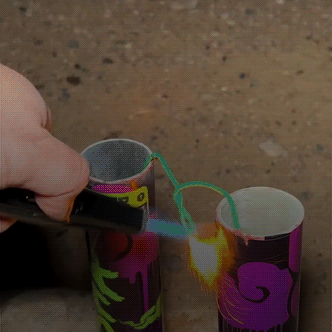
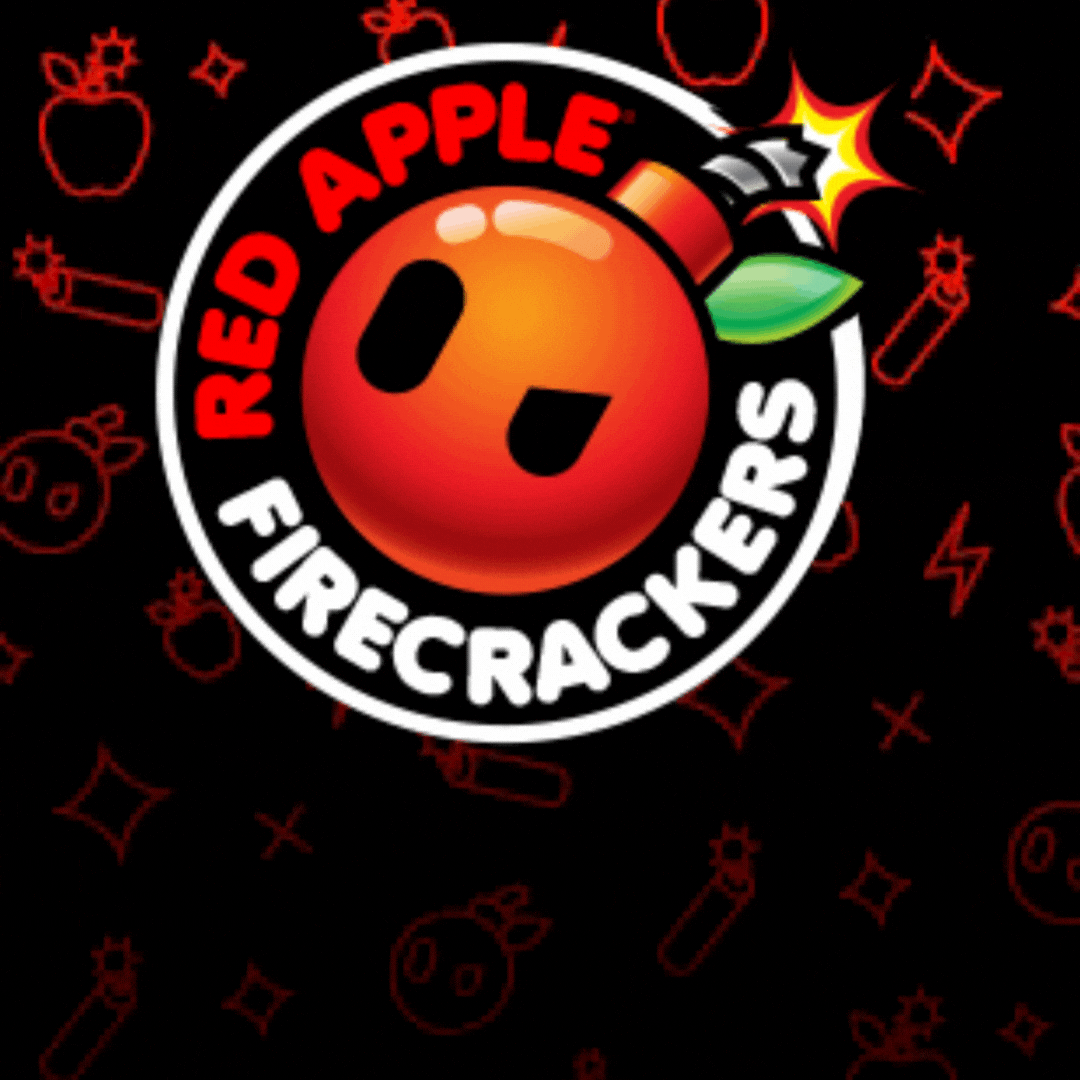
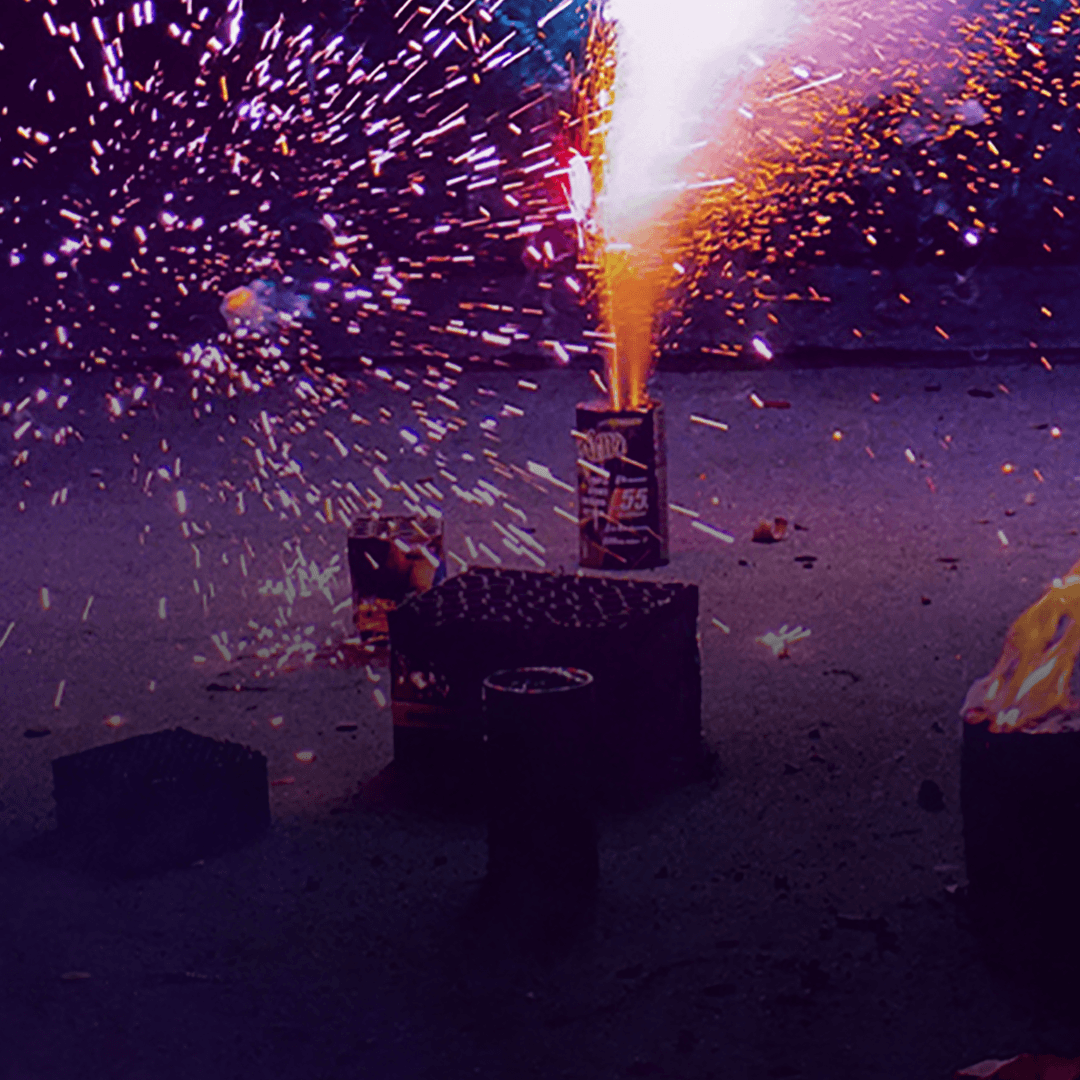
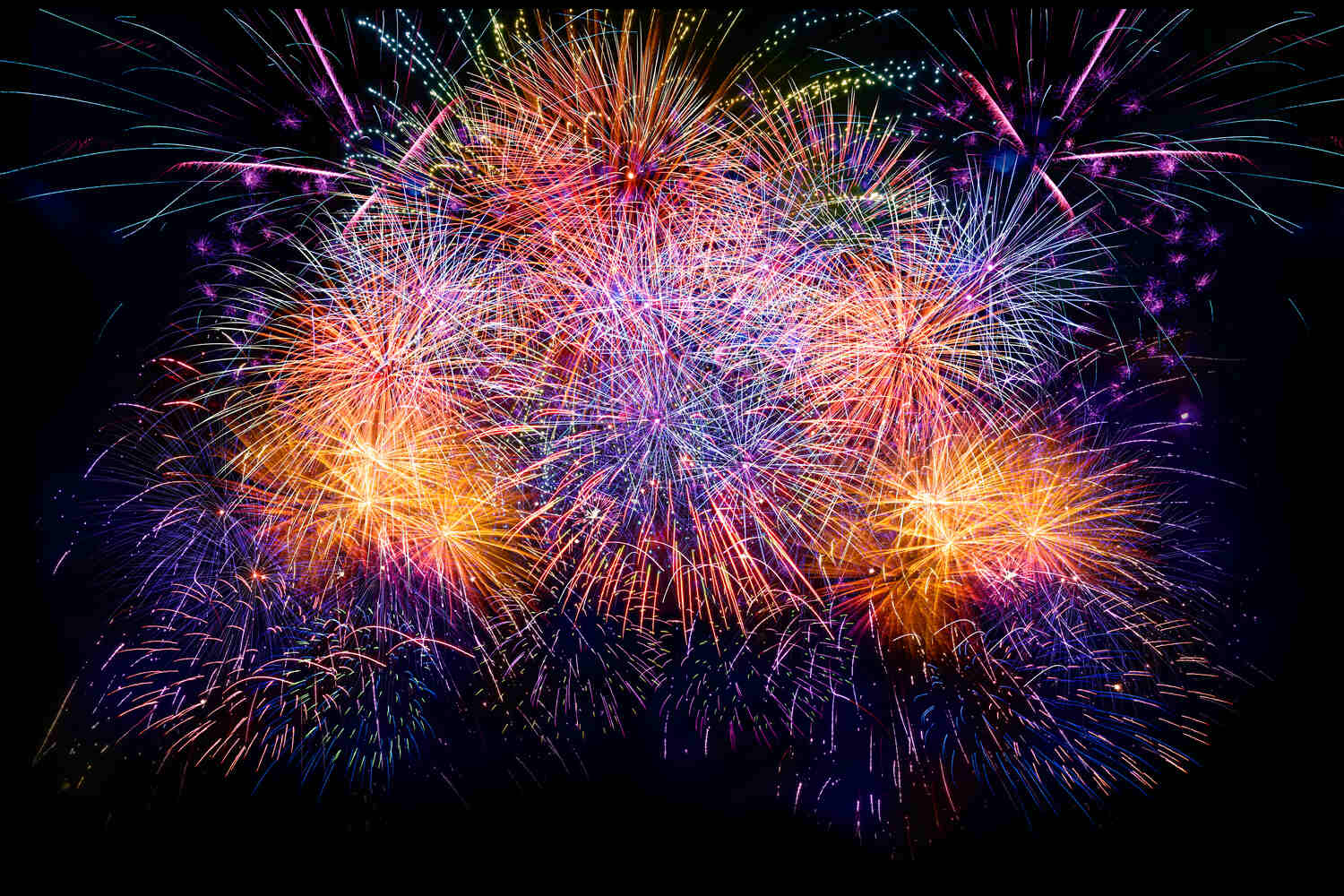


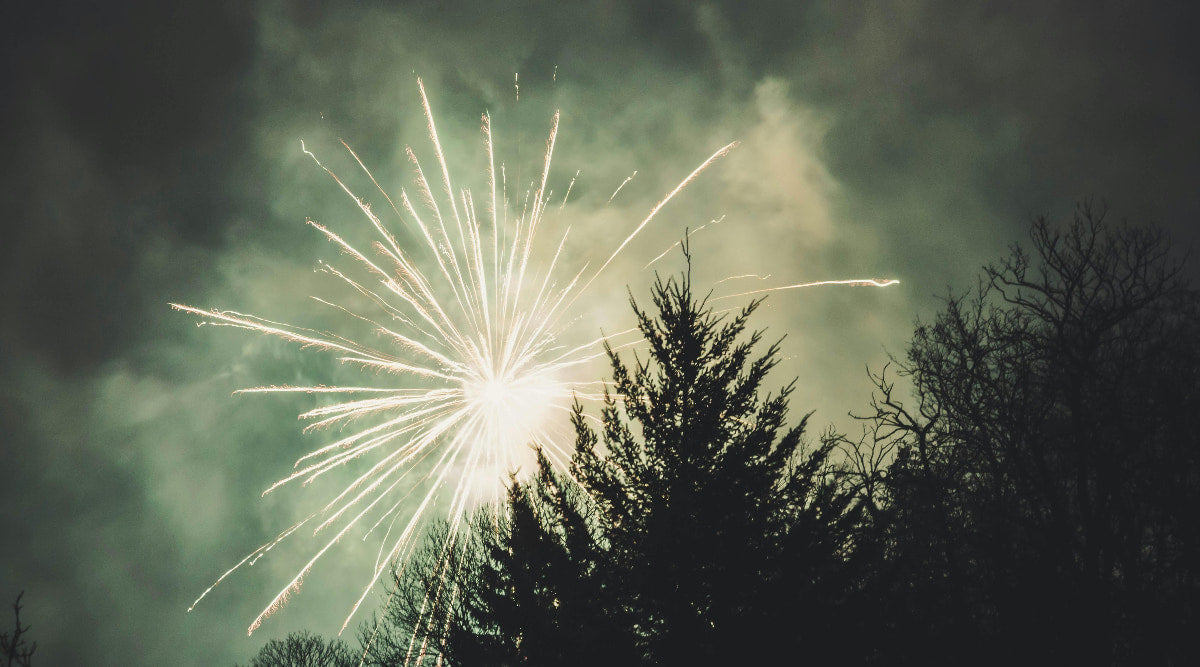
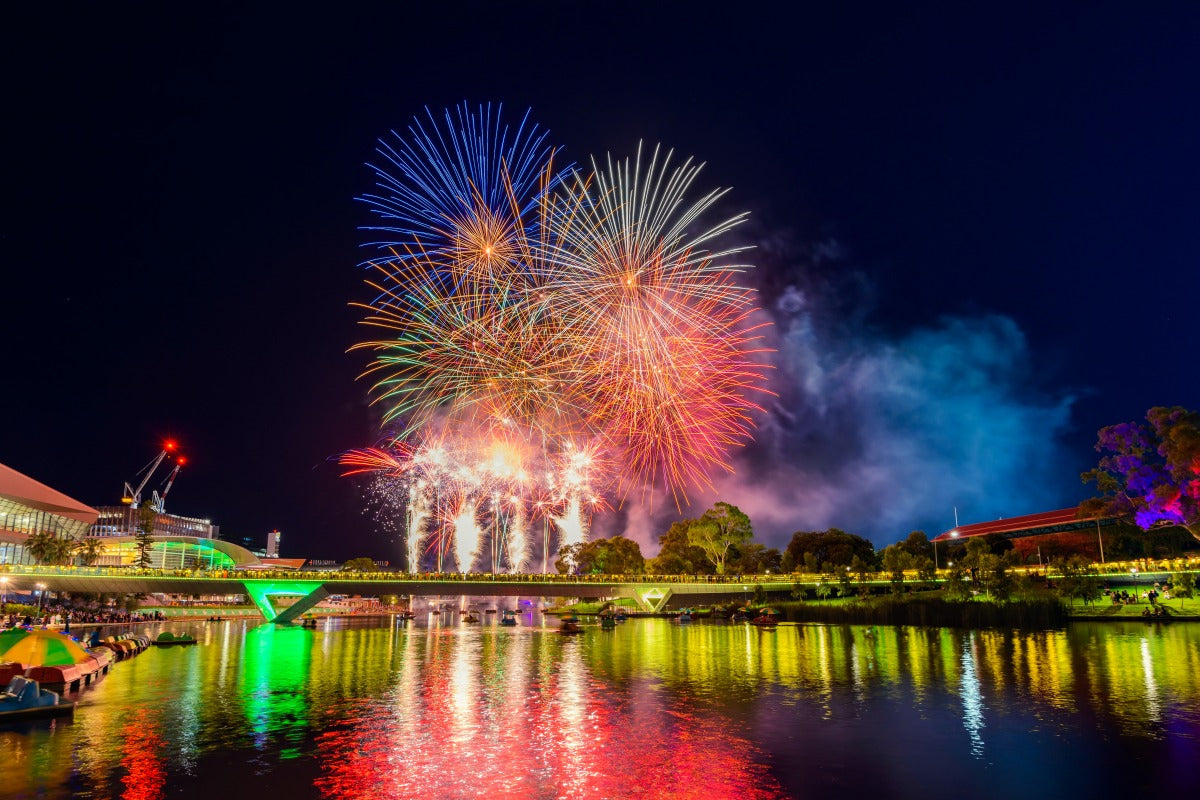
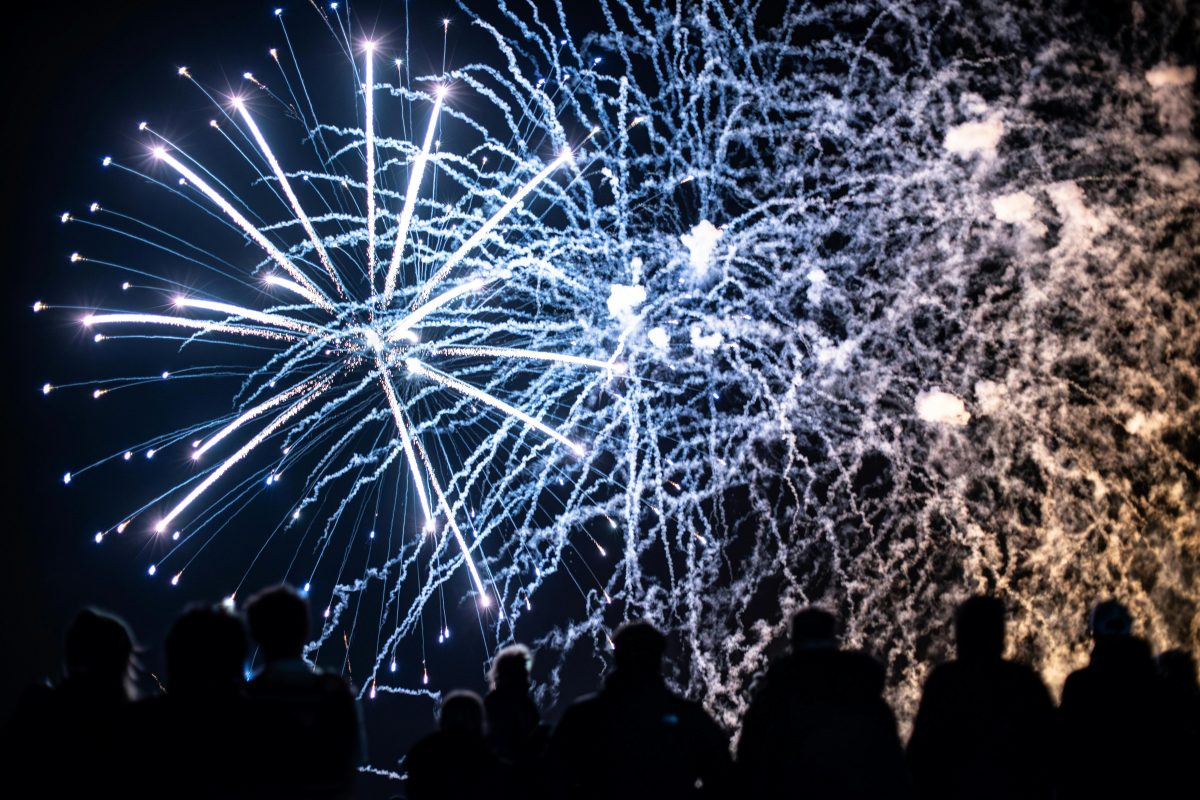
Leave a comment
All comments are moderated before being published.
This site is protected by hCaptcha and the hCaptcha Privacy Policy and Terms of Service apply.